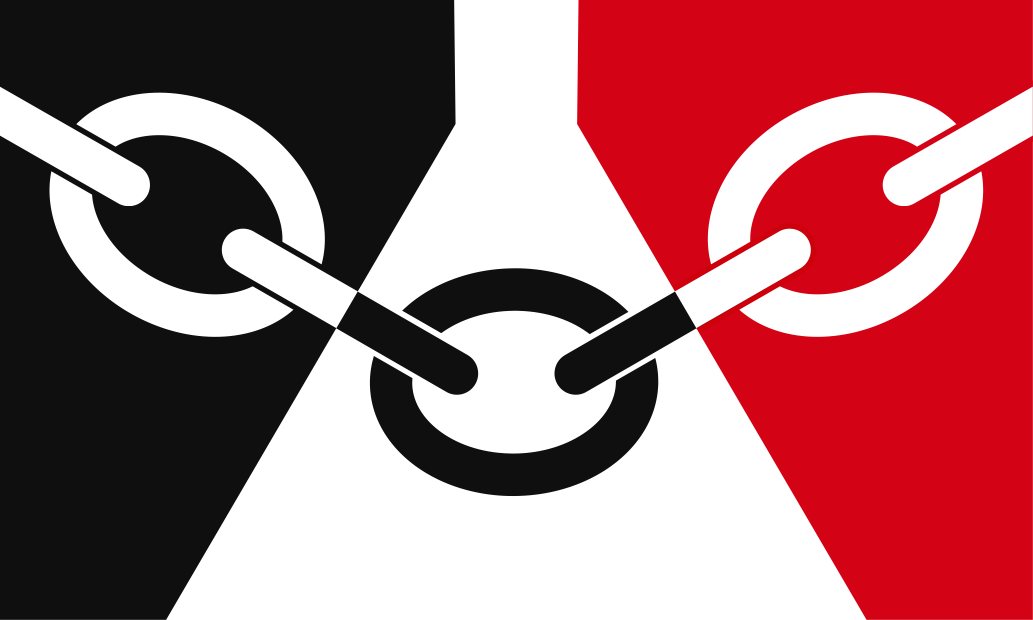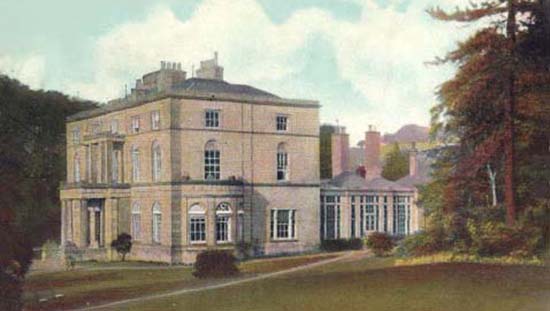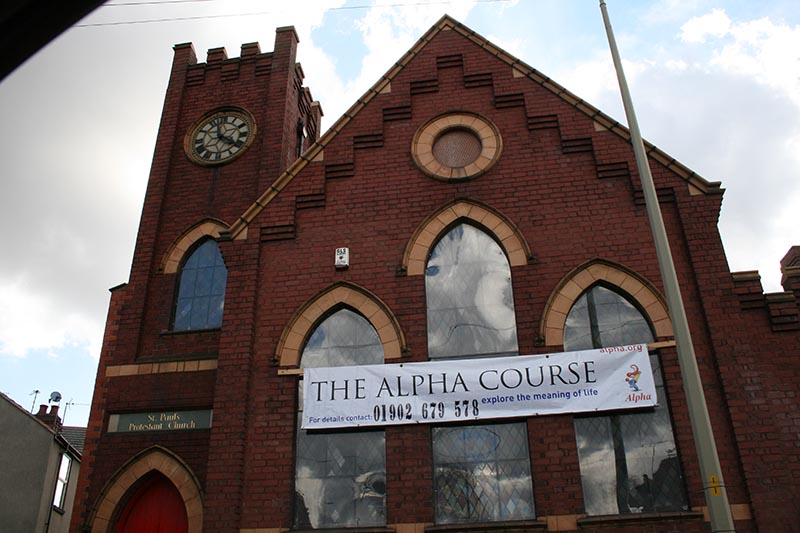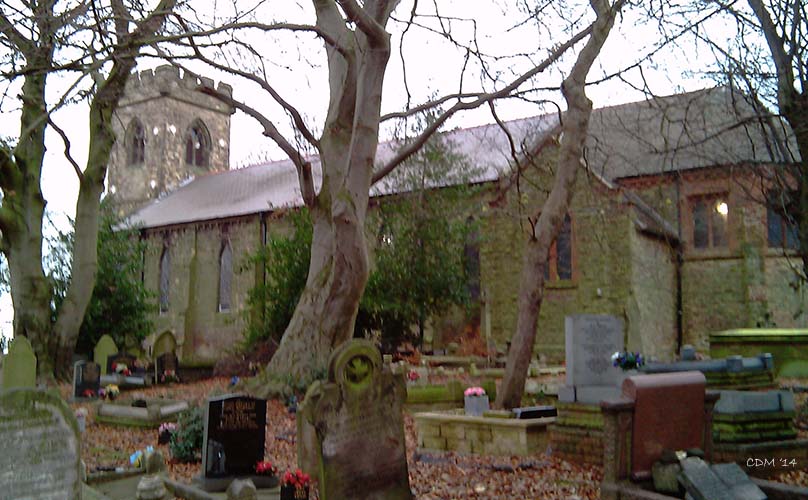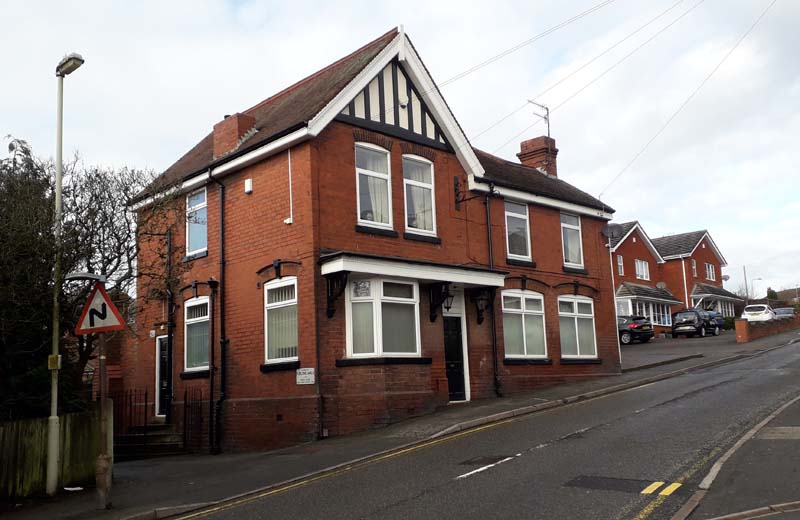
|

|
||
|
Landmarks ~
Churches ~
Pubs ~
Shops ~
Amenities ~
Dwellings ~
Events ~
Schools ~
Sports
Industrial ~ Transport ~ Folklore ~ Families
~ Pubs ~
Bell ~
Bricklayers Arms, Kent St. ~
Bricklayers Arms, Straits ~
Bull & Butcher ~
Cottage Spring ~
Cross Keys ~
Duke William
Fiddlers Arms ~ Glynne Arms ~ Hop and Barleycorn ~ Horse & Jockey ~ Horseshoe ~ Leopard ~ Limerick ~ Limerick, Kent St. Lion ~ New Inn ~ Pear Tree ~ Queens Head ~ Royal Exchange ~ Spriggers Arms ~ Swan ~ White Chimneys ~ White Lion Bulls Head ~ Cottage of Content ~ Crown ~ Durham Ox ~ Five Ways ~ Good Intent Green Dragon ~ Junction ~ Shakespeare ~ Straits House ~ Waggon & Horses Black Bear ~ Britannia ~ Bush ~ Five Ways, Himley Road. ~ Forge ~ Fountain ~ Jolly Crispin Meadow Lark ~ Miners Arms ~ Old Bulls Head ~ Old Mill ~ Red Cow ~ Red Lion ~ Spills Meadow ~ Woodman
The Royal Exchange
1865 Sale Notice
Royal Exchange Inn, Church Street, Lower Gornal.
An early purpose built inn, erected for Isaac Marsh probably around 1850,
the inn appears to have had difficulty in obtaining a license due to
the proximity of other licensed premises and objections.
It only persisting as a pub for a short time in the mid-19th Century.
There is still some uncertainty in its exact location and research is still ongoing,
although it is speculated that this was later to become known as Petworth House,
a prominent building in Church Street, currently known as Keidel House.
Much of this speculation is derived from the fact that a solicitor by the name of
Thomas Gould, from Petworth in Surrey, moved to Lower Gornal around 1869,
it is believed he purchased this property and converted it to a dwelling.
It is speculated that Gould's move to Gornal could have been in connection with his later marriage to Emily Rooker, daughter of the reverend James Yates Rooker, who's vicarage was situate directly opposite Petworth House.
Also the fact that Gould rented and later sold a malthouse to a congregation
that converted it to a church and worshiped there before St. Pauls Church in Lake Street was built
- which was virtually at the back of Petworth House.
Some Gornal Stone can be seen in the construction of the present Church which it is
assumed was part of the old malthouse purchased along with the Royal Exchange
by Thomas Gould.
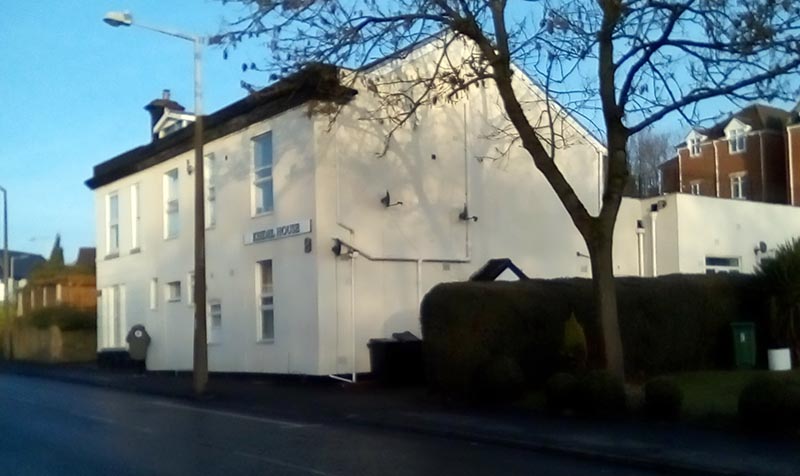 Petworth House, Church Street
Petworth House, Church Street
in 1855, Isaac Marsh applied for a licence and it was noted to have been erected as
a public house at a cost of £1,000, which would be a substantial building in the 19th Century.
It was "situated close or opposite St. James' Vicarage" according to the
license application.
The present house is rendered, and possibly constructed of Gornal Stone but
this has still to be confirmed.
The 'Royal Exchange' was mentioned in the 1860-65 period, but not afterwards.
Licensees:
1861, Isaac Marsh, Church Street, butcher and inn keeper age 34. [Census] 1862-1863, Isaac Marsh. ~
|
|
